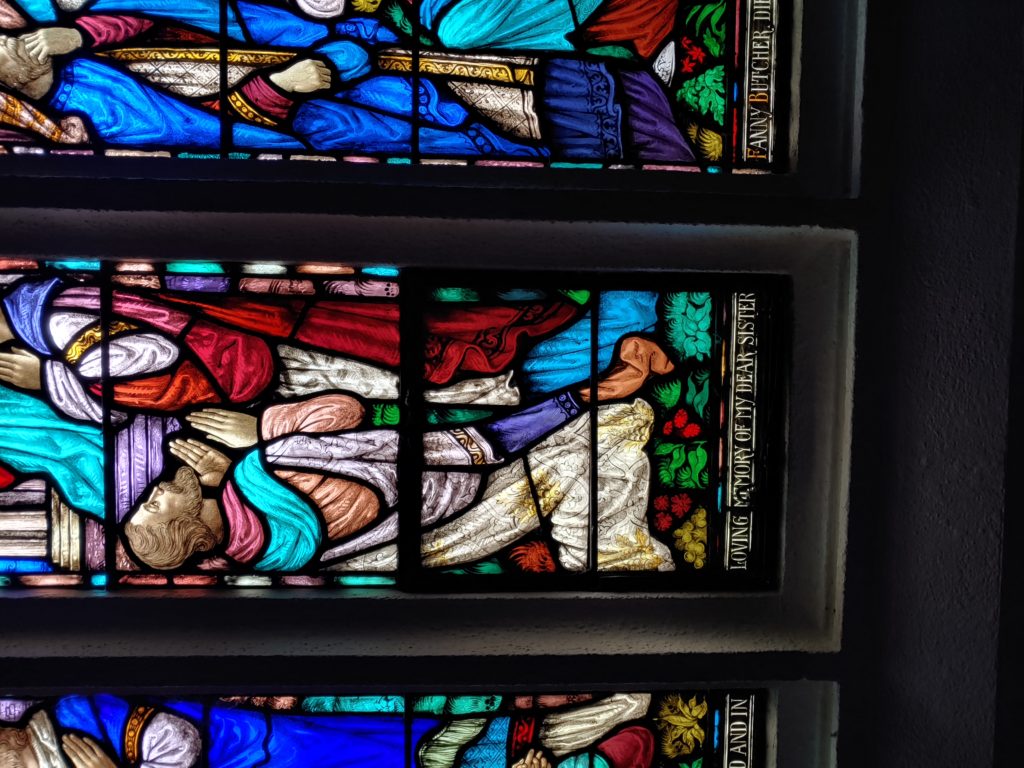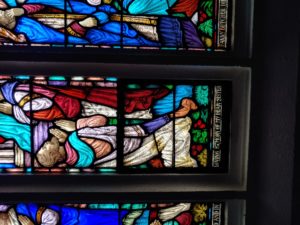If anyone is in Christ she/he is a new creation; the old has passed away, behold the new has come. All this is from God, who through Christ reconciled us to Godself and gave us the ministry of reconciliation. (BCP, p.106, 2 For. 5:17-18)
God offers us the chance to be a new creation, every minute of every day. The old can pass away at any time, and the new ushered in with gladness. This isn’t something we do for ourselves – it’s a blessing Christ offers.
Thanks be to God, we respond.
But there’s something missing if we leave it at that. God also gave us the ministry of reconciliation – the joy and responsibility of handing on that reconciliation in our own lives, our own relationships. It’s not an easy or pleasant thing in all times, places, and circumstances. Sometimes, reconciliation is painful, difficult, and at the expense of something we’d rather do or have.
This ministry of reconciliation doesn’t seem like much of a gift compared to the chance to be a new creation. But there it is. I’m going to take it on faith that this ministry of reconciliation is every much the gift that new life is. For that reason, I’ll respond:
Thanks be to God.


